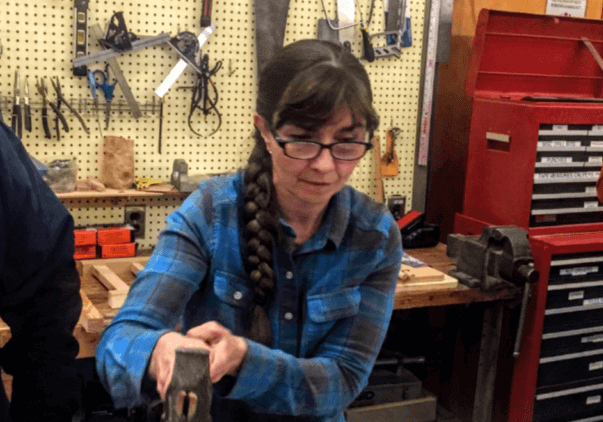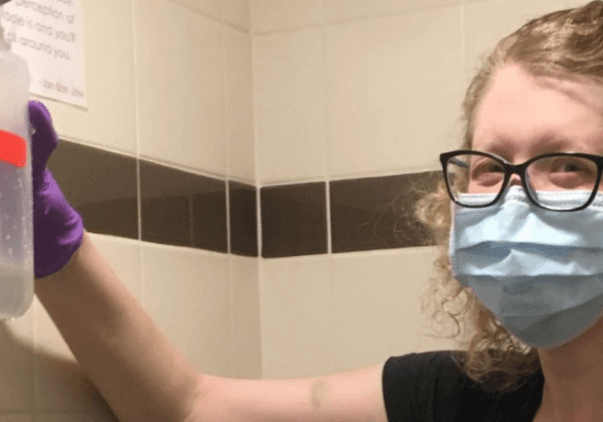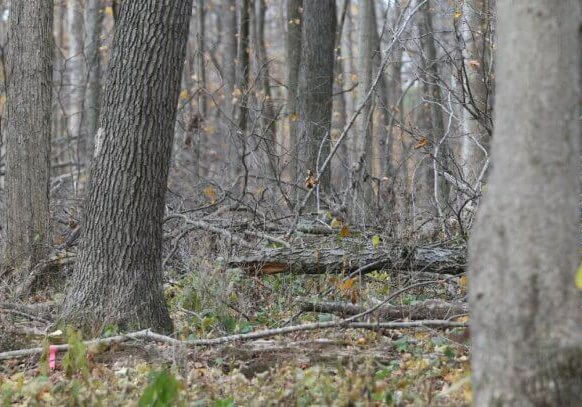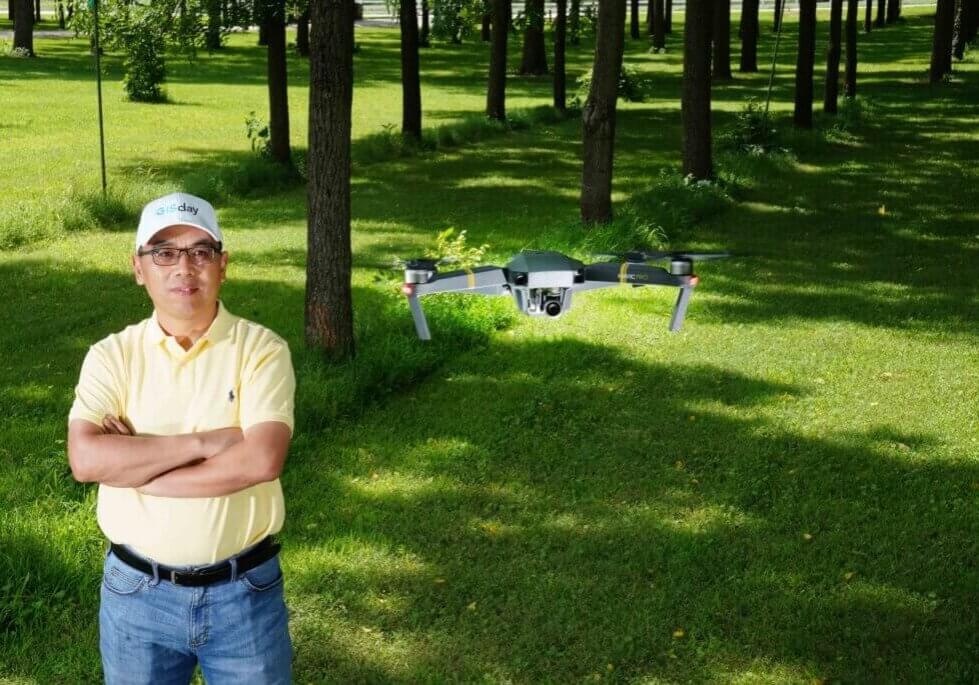During MLK Jr. Celebration Week, the Colleges of Agriculture and Health and Human Sciences, in conjunction with the Center for the Environment, hosted a Black, Indigenous and People of Color (BIPOC) Farmers in Sustainable Agriculture panel discussion on Jan. 28.
The conversation focused on barriers facing BIPOC communities in farming, systemic inequalities in the country’s food system and how institutions like Purdue University and Purdue Extension can overcome some of these challenges. The panel was moderated by Tamara Benjamin, assistant agriculture and natural resources program leader and diversified agriculture specialist for Purdue Extension, Participants were: Sharrona Moore, founder and director of Lawrence Community Gardens in Lawrence, Ind.; Freida Graves, farm administrator for FAITH Farms in Gary, Ind.; Curtis Whittaker, pastor of Progressive Community Church in Gary, Ind. (which operates FAITH Farms); Ariana Torres, assistant professor of agricultural economics and horticulture and landscape architecture; Zhao Ma, forestry and natural resources professor; Gary Burniske, managing director of the Purdue Center for Global Food Security; and Nathan Shoaf, urban agriculture state coordinator for Purdue Extension.
A recent study revealed that in the U.S. white people own and operate 98 percent of all farmland and generate 98 percent of all farm-related income. Finding ways to extend agricultural opportunities to BIPOC communities is the goal of many community organizers and scholars. Making progress will provide an opportunity to address social and racial inequalities while also counteracting the myriad effects of these inequalities, from food insecurity to systemic racism.
However, for BIPOC communities, especially African Americans, significant barriers exist to entering agriculture professionally and extend back centuries.
“We have a rich history with the land, but that history is jaded by enslavement. There is some psychological impact from this past,” Whittaker said. “But we have to understand the land didn’t do this to us. And then we need to get back to the land.”
In addition to hurdles of historical trauma, Moore explained that efforts to pursue agricultural endeavors are often stymied by lack of access to resources, from the financial to the educational. Lack of generational wealth and the propensity to rent land and homes instead of owning also has a major impact, even in urban settings.
“We are less likely to be landowners,” Moore added. “Most renters are not going to go into their backyard and tear it up so they can grow food. There are constraints there.”
In addition to this, Moore said, BIPOC farmers are regularly targets of harassment and violence, which impedes the operation of existing farms and discourages individuals from pursuing opportunities in agriculture. “I’m still targeted by white supremacists with trash dumping, vandalism and violence.”
The panelists agreed there is no one solution to overcoming these challenges, but one major component will be diverse representation, which can encourage BIPOC people of all ages to engage with facets of agriculture.
“I’m in Marion County and we need more Extension staff in general and more Extension staff of color,” Moore said. “Often people feel more comfortable working with individuals that look like them, that they can relate to.”
“We also need to elevate the voices of BIPOC people from the government, to those that grow food and those that cook it,” Torres added.
Starting agricultural education at a young age is also essential to encouraging participation from diverse groups, Burniske said. “Sustainable agriculture is something we need to place more emphasis on at the grade school and high school levels. We want them to get excited about taking up a career in agriculture.”
Whittaker also thinks national movements like Black Lives Matter (BLM) have a role to play in supporting BIPOC farmers and businesses. “One thing I believe will continue to help is social unrest,” he said. “One thing that came out of this unrest last year was that there are people looking to source goods directly from Black-owned businesses, and that goes for food as well.”
Torres said as the conversations around BIPOC farming and agriculture move forward and evolve, access to information will play a key role in generating change.
“I don’t have one solution because this is a multi-layered issue,” she said. “We do need to work on developing systems and markets that convey food transparencies. Who is producing food and who is consuming it? What are politicians, institutions, governments and non-profits doing to support diversity and how do we create leaders within the community?”
New ABE professor’s water safety research assumes prominent role during pandemic
Starting in a new position during the middle of a pandemic is challenging. For Caitlin Proctor, assistant professor of agricultural and biological engineering (ABE) and environmental and ecological engineering, it was also in keeping with an already tumultuous year.
Proctor began in her position this semester, after two years as the Lillian Gilbreth Postdoctoral Fellow in the College of Engineering. During her fellowship, Proctor researched drinking water and the ecological and biological interactions that affect its safety.
Read Full Story >>>COVID lessons applied to forestry, climate change
Many of the countries that successfully curbed their COVID-19 infection rates did so through the open sharing of vast amounts of data that allowed health officials to inform the public and distribute medical resources. It’s a model that officials from the United Nations Food and Agriculture Organization (FAO) believe can also slow the world’s deforestation, forest degradation and climate change.
Read Full Story >>>Friday Photo: 05/13/2022
The assignment for Purdue Natural Resources and Environmental Sciences professor Laura Bowling’s last field trip of the semester, was to collect and count invertebrates in a section of Burnett’s Creek, just north of campus. Note the reaction of students (left to right) Avery Fess, Ireland Beebe and Eva Curtis when the inch-long cranefly larvae show a little more mobility than expected.
Read Full Story >>>




